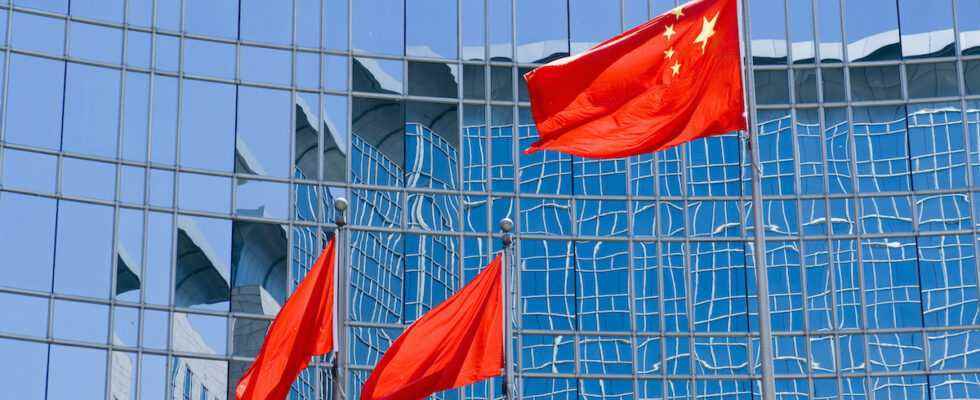In China, the Shanghai authorities will this week ease the restrictions put in place following the resurgence of Covid-19. The city has indeed announced that residents of areas deemed to be low risk will be free to move around the city, use public transport and drive on the roads from this Wednesday 1er June at midnight.
The various containment measures decreed in recent weeks in the Middle Empire had hampered production at the main suppliers of American technology giants, in particular Tesla, Apple and Cisco.
However, the lifting of restrictions should not end the shortages weighing on supply chains.
Apple and Tesla victims of restrictions
Tesla had to halt production at its Gigafactory, located in Shanghai, in April to comply with health restrictions. In some areas, these restrictions began as early as March, before becoming a full citywide lockdown as infections surged.
Sources say Tesla’s factory is currently at 70% of pre-lockdown production levels.
Apple’s main suppliers Pegatron, Quanta and Compal Electronics – which respectively assemble iPhones, MacBooks and iPads – are also among the local factories affected by the restrictions imposed by the city of Shanghai.
Controversial “closed loop” systems
Shanghai’s gradual reopening, which begins on Wednesday, does not mean that the tech industry’s supply chain problems are over.
Despite the reopening of the Chinese economic capital, Cisco at the beginning of the month forecast weak profits for the next quarter. Due in particular to the expected congestion at ports and airports, which will affect both exports from China and imports of raw materials to China.
For its part, Apple forecasts a reduction in its sales in the third quarter of 2022, up to 8 billion dollars. Production of the iPhone 14, which would normally be announced in September, would have been shifted several weeks from the normal schedule.
Finally, some companies, like Tesla, have found a controversial method of circumventing the decisions of the Chinese authorities: they were able to partially resume production in April using “closed loop” systems. These systems call for employees to remain on site for around a month at a time, with testing performed on anyone entering or leaving, to ensure production.
Source: ZDNet.com
